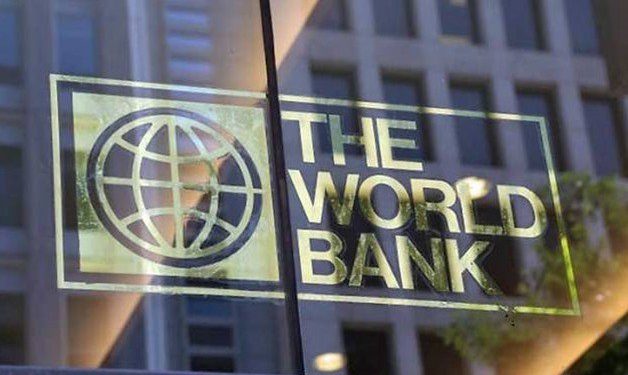Sub-Saharan Africa’s Growth to Accelerate to 3.8% in 2025 Amid Inflation Easing – World Bank
Sub-Saharan Africa’s economy is projected to expand by 3.8 percent in 2025, up from 3.5 percent in 2024, driven by easing inflationary pressures and a modest rebound in investment, according to the World Bank’s 32nd edition of Africa’s Pulse report.
The World Bank notes that while the region’s resilience remains notable amid persistent global uncertainty, growth remains below the level required to significantly reduce poverty and generate sufficient quality jobs for its rapidly expanding labour force.
Inflation Moderation and Debt Vulnerabilities
Inflationary conditions across the continent have improved markedly. The number of countries with double-digit inflation declined from 23 in October 2022 to 10 in July 2025, reflecting stronger monetary and fiscal policy responses.
However, the report cautions that downside risks remain, particularly from global trade disruptions, tightening external financing conditions, and weakening investor sentiment. External debt service obligations have surged—more than doubling over the past decade—to 2 percent of GDP in 2024.
The number of Sub-Saharan African economies in or at high risk of debt distress has also nearly tripled, rising from eight in 2014 to 23 in 2025, underscoring the region’s growing fiscal pressures.
Jobs and Demographic Pressures
The World Bank warns that despite steady growth, the pace remains insufficient to address extreme poverty or absorb the expanding working-age population. The report emphasises that over the next 25 years, the region’s labour force will expand by more than 600 million people.
“Only 24 percent of new workers today land wage-paying jobs,” said Andrew Dabalen, World Bank Chief Economist for the Africa Region. “The challenge will be matching this growing population with better jobs. A structural shift toward more medium and large firms is essential to generate wage jobs at scale.”
Policy Priorities for Job Creation
The report identifies several policy imperatives to unlock the region’s employment potential. These include reducing the cost of doing business, improving infrastructure (energy, digital, and transport), and investing in human capital and skills development.
Strengthening institutions and governance, the World Bank adds, will be vital to fostering policy stability, curbing corruption, and building a predictable environment to attract private sector investment.
Unlocking Sectoral Potential
Targeted support for high-potential sectors such as agribusiness, mining, tourism, healthcare, housing, and construction is seen as critical for job creation. For instance, the Bank notes that each job created in tourism generates an additional 1.5 jobs in related sectors.
With coordinated reforms and sustained investment, the report concludes, Sub-Saharan Africa can “unlock its vast employment potential and chart a path toward inclusive and sustainable growth.”








